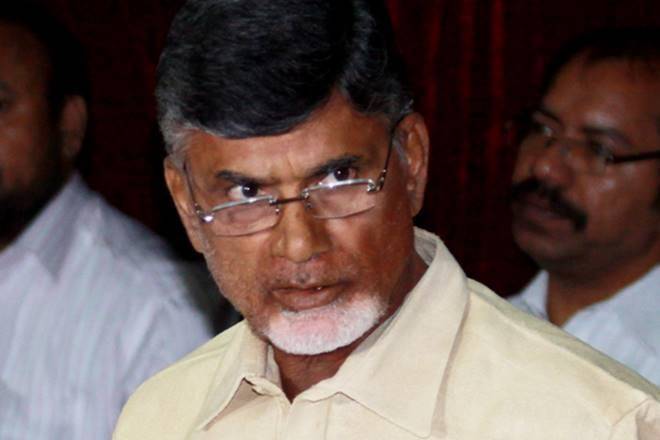Amid internal feud in the country’s premier investigation agency, the Andhra Pradesh government on Friday withdrew the general consent given to the Central Bureau of Investigation (CBI), that empowers the agency to exercise powers in the state. In the absence of the permission, the central agency cannot interfere with any case which comes under the limits of the state.
In a statement tweeted by news agency ANI, the government has notified its order withdrawing consent to the agency. “In exercise of the powers conferred by section 6 of the Delhi Special Police Establishment Act, 1946 (Central Act No. 25 of 1946) Government hereby withdraw the general consent accorded in G.O. Ms. No. 109, Home (SC.A) Department dated 03.08.2018, to all the members of Delhi Special Police Establishment to exercise the powers and jurisdiction under the said Act in the State of Andhra Pradesh,” the official notification reads.
Andhra Pradesh Government has withdrawn the ‘General Consent’ given to the members of Delhi Special Police Establishment to exercise powers & jurisdiction in the state. In the absence of this permission, CBI can’t interfere with any case that takes place within the limits of AP pic.twitter.com/bUgvB3hgBD
— ANI (@ANI) November 16, 2018
CBI owes its origin to the Special Police Establishment (SPE), which was established by the colonial administration in 1941 through an executive order to deal with corruption involving war-time purchases and supplies. In 1946, the government enacted the Delhi Special Police Establishment Act to give the organisation a statutory cover.
Read: CBI vs CBI: Supreme Court to hear Alok Verma’s plea challenging Centre’s decision to remove him
The Act of 1946, vests the superintendence of the CBI in the central government which continues to govern the CBI. The Act is a very small piece of legislation comprising six sections. It permits the agency to investigate only those offences which are notified by the union government. The probe agency cannot exercise its powers and jurisdiction in any area in a state without the consent of the government of that state. However, without the state government’s invitation, the only way the CBI can work there is when the Supreme Court or some high court asks it to do so.
Meanwhile, the Supreme Court will on Friday hear the plea of CBI Director Alok Verma, who has challenged the Centre’s decision to divest him of powers and send him on leave.

